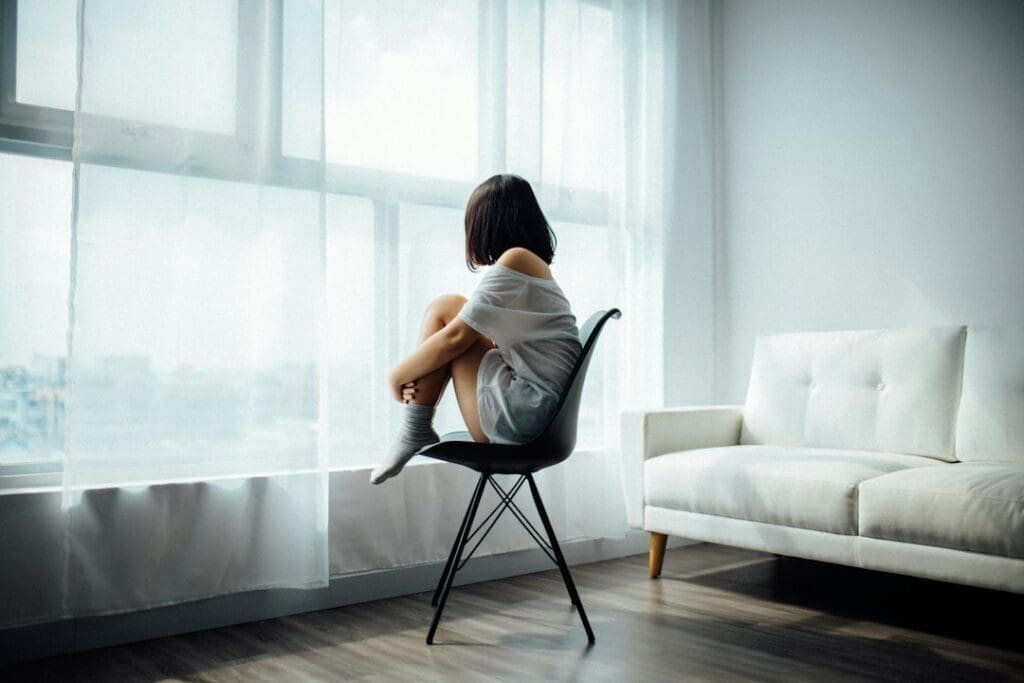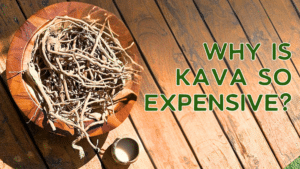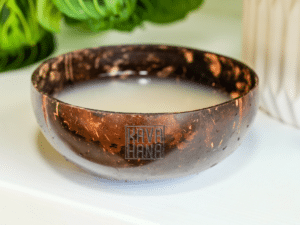A lot is going around about kava and how it can support mental health. And while this is true, not all mental health conditions are treated the same. Research supports kava’s benefits for anxiety and sleep disorders. But another big question is the relationship between kava and depression.
Kava is best known for how it supports anxiety and sleep disorders (insomnia). There has been lots of research done looking at using kava to treat anxiety disorders, including social and generalized anxiety. In fact, we have a whole article dedicated to talking about how kava helps with anxiety. You can check it out here.
When it comes to kava and depression, it’s a different story. Depression ranges from mild to severe and has symptoms like deep sadness, loss of interest in things you enjoy, sleep issues or sleeping too much, and even things like changes in appetite and difficulty concentrating and making decisions. Unlike sadness when we’re grieving, for example, low feelings in depression are persistent and can feel never-ending.
Because of kava’s popularity in helping anxiety symptoms, there have been questions about its role in depression. Especially since depression and anxiety often go together. However, this is a more complicated topic as we are still learning how kava works in the brain for different conditions.
Boosts mood but only temporarily
One concern when it comes to kava and depression is the fact that its mood-boosting effects are temporary. So you may feel better when you’re drinking kava, but after the effects wear off, you are left with the same feelings you had. This yo-yo isn’t the best long-term solution.
While there isn’t any research on this, some kava users report needing to be mindful of how much kava they drink. Many users report that drinking too much kava can lead to feelings of depression after the mood-boosting happiness wears off. Some chose to cut back significantly on their use, while others changed when they took it, for example, drinking at night instead of during the day. Or some have stopped drinking kava altogether. It seems to be on a case-by-case basis.
Some kavalactones may not be great for depression
Kava is divided into two main categories of effects: heady and heavy. Heady kavas have more of an effect on the mind. They give you mental relaxation, clarity, and socializing qualities. On the other hand, heavy kavas affect the body, giving you feelings of fatigue, heavy limbs, and a sense of calm. It’s the heavy kavas that may be problematic for people with depression.
Many people who experience depression are already feeling tired and heavy, so drinking a kava that promotes those feelings may do more harm than good. Several of the active ingredients in kava, called kavalactones, are linked to heavy effects. All kavalactones act slightly differently on the body and brain, and the combination of each in the various cultivars of kava gives it its unique qualities.
Ensuring that you understand the kava that you are drinking and how your body responds is critical to having a good experience and not making your symptoms worse. We suggest that you talk to your doctor if you’re interested in trying kava to be sure its a good fit and that you’re well supported.
Research has only looked at depression with anxiety
Most of the research has looked at depression that is comorbid with anxiety. This means it’s the form of depression that goes along with anxiety. It’s very common for anxiety and depression to co-exist together. They can do a sort of cyclical dance changing between the two emotions.
The problem with this is that we don’t know if it is the effect on the anxiety that is having the effect or something else. And major depressive disorder is a very different condition than depression that comes with anxiety.
While some research has looked at depression and anxiety, there are no studies that have looked at kava and depression specifically. Research reports lower levels of depression and anxiety with kava compared to a placebo. Two things to keep in mind. The first is that this study used an extract that is prepared differently than the kava tea that we serve and is usually what we recommend to kava users. The second is that the effect of the kava on anxiety could be what is helping the depressive symptoms.
What this all means
While there are some intellectual connections we want to make about kava and depression there is still just too much unknown. In general, if you experience depression regularly, especially depression on its own (without anxiety), tread lightly. Even if your doctor says it’s ok, be sure to start with a very small dose and see how your body responds. It’s also important to not be taking any other medication as kava and the drug(s) could have counteracting effects.
We’ll keep you updated on the research in this area but for now we definitely recommend proceeding with caution until you know how your body and mood will respond.
* Please note that the majority of kava research pertains to kava extracts, which often undergo significant processing and may contain additional ingredients and fillers that can influence their efficacy. It is crucial to consider this distinction when reading about kava studies. To draw an analogy, enjoying natural kava as a beverage can be likened to experiencing a freshly brewed cappuccino, whereas kava extracts are akin in functionality to a caffeine pill. Both forms have their unique benefits and can cater to different preferences and needs. While it’s helpful to understand research on kava extracts, please view it critically and remember that natural kava offers a uniquely holistic experience.







